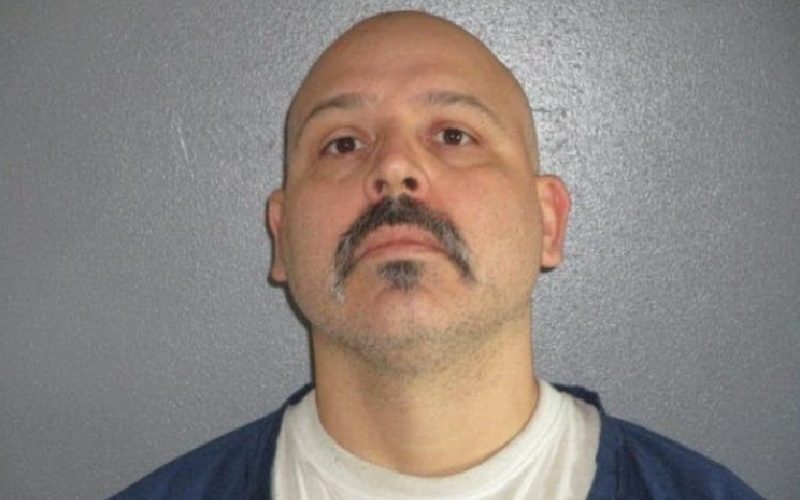LANSING, Mich. – Michigan Attorney General Dana Nessel filed an emergency appeal on Thursday to reverse the parole of a convicted murderer, Marcos Garcia Rayos, currently incarcerated at the Saginaw Correctional Facility. Rayos, 45, was convicted in 2001 for the brutal killing of 15-year-old Isaac Rivera in 1999.
Rayos, who was 19 at the time of the murder, shot Rivera nearly 20 times. The incident took place just after Rayos had been released from jail, where he had served time for breaking into a car and possessing drugs. Following his conviction, Rayos pleaded guilty to second-degree murder as a habitual offender and was sentenced to 25 to 50 years in prison.
Despite his violent history, Rayos was granted parole on January 2, 2025, and is set to be released on April 24. This decision has sparked significant concern, particularly from the family of the victim. Attorney General Nessel’s office, representing Rivera’s sister, filed the emergency appeal to halt Rayos’ release.
In a statement, Nessel expressed deep concerns about the parole decision, stating, “Mr. Rayos has only served just slightly more than his minimum term of incarceration relative to his significant sentence for the brutal killing of a 15-year-old boy. In our assessment, and that of the family of the boy he murdered, Rayos has not demonstrated proper rehabilitation, nor has he yet served an appropriate sentence for the crime he committed. He is not a suitable prisoner for the privileges of parole, and so we have filed an appeal of this decision to end his incarceration.”
Throughout his time in prison, Rayos accumulated a lengthy record of misconduct, including 72 offenses, many involving violent behavior. These offenses further fueled the belief that he has not shown sufficient signs of rehabilitation, making his release a contentious issue.
The Michigan Parole Board, which granted Rayos’ parole, will now review Nessel’s appeal. If successful, the board’s decision could be reversed, and Rayos would remain incarcerated for the remainder of his sentence.
Isaac Rivera’s family, particularly his sister, has expressed anger and frustration over the parole decision, fearing that Rayos has not yet paid the full price for the young teenager’s death. The case has sparked broader discussions about the criteria used by parole boards in determining the release of individuals convicted of violent crimes and the role of victims’ families in the parole process.
As the appeal moves forward, both the legal and emotional implications of the case will weigh heavily on the decision-making process. The outcome will be closely monitored by those involved and the broader community, highlighting the ongoing debate over the balance between rehabilitation and justice for victims of violent crimes.












